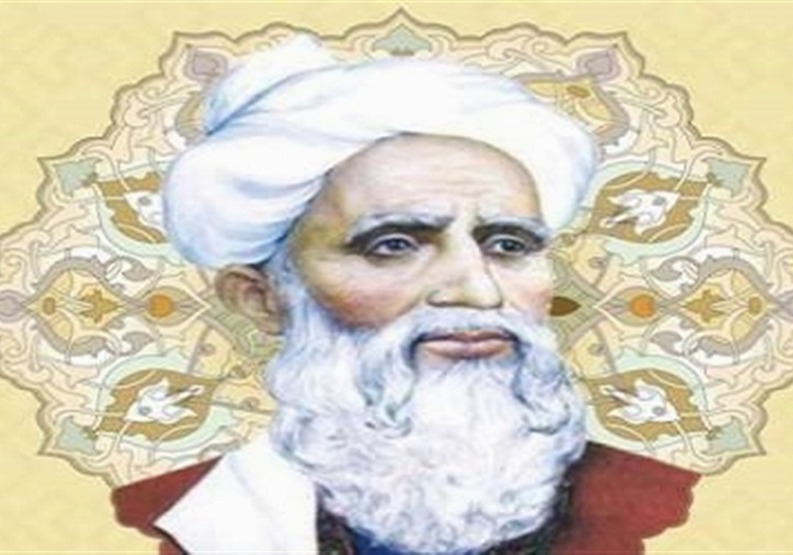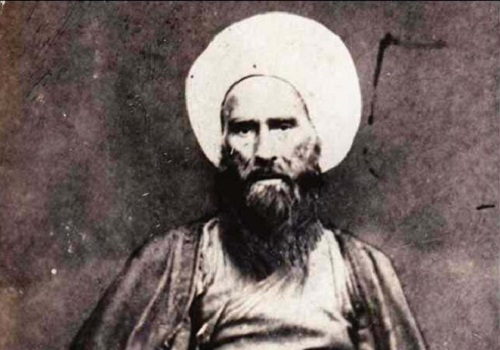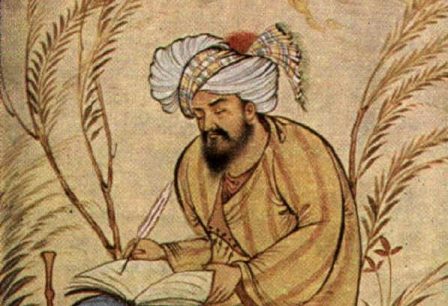
Allameh Majlesi: Bihar al-Anwar and the Revival of the Importance of Hadiths
Mohammad Baqer Majlesi, also known as Allameh Majlesi, was born in 1627 CE in Isfahan. His father, Mohammad Taqi, was one of Sheikh Bahai’s prominent pupils. Allameh Majlesi’s father started tutoring him when he was only four years old. His extraordinary talents persuaded Mulla Sadra to permit him to write narrations at the age of fourteen. He learned the religious (naqli) and the rational (aqli) sciences from exemplary figures such as Mulla Hassanali Shushtari, Hossein Mohaqqiq Khansari, Mohammad Saleh Mazandarani, Al-Hurr al-Ameli, and Mohsen Fayz Kashani. He finally managed to reach the level of ijtihad (the highest level of Islamic education, enabling an expert to independently reason in Islamic law). His expertise in jurisprudence, kalam (Islamic theology), exegesis, hadith, and rijal (biographical evaluation) made him tutor a significant number of pupils, including Mirza Abdullah Isfahani (author of Riyadh al-Ulama), Nematollah Jazayeri, Abu al-Qasim Khansari, and Mir Fendereski.
Bihar al-Anwar
Perhaps, Allameh Majlesi’s main reason to prioritize working on hadith was his Akhbari tendencies (Akhbari are a group of Imamiyya jurists who take the only source of jurisprudence to be the narrations and hadiths and reject reasoning). His most important work is a comprehensive collection of traditions (hadith) called Bihar al-Anwar (lit. Seas of Lights), which played a crucial role in the revival of the position of hadith as an Islamic academic discipline. It contains 700 thousand lines and is published in 110 volumes. Allameh Majlesi started compiling Bihar al-Anwar, believing that all sciences have divine roots and that divine roots can be traced in narrations from Ahl al-Bayt, he intended to provide answers to the questions of the Shiites so that they do not seek their answers in such schools of thought as Sufism.
Works
Allameh Majlesi wrote more than 100 books in Farsi and Arabic. Besides Bihar al-Anwar, he wrote Mir’at al-Uqul (lit. the Mirrors of Intellect), Hilyat al-Muttaqin (lit. the Adornment of the God-fearing; it is a book about Islamic morality, instructions, traditions, and lifestyle), Tuhfat al-Za’ir (lit. a gift for the Pilgrims), Ayn al-Hayat (a book of Prophet Muhammad’s conversations with Abu Dharr al-Ghifari), Hayat al-Qulub (about the lives of the prophets and righteous people), Adab al-Salat (about disciplines and moral secrets of prayer), etc. 49 books and treatises of Allameh Majlesi have been published in the Persian language. His use of Farsi language, besides his insistence on avoiding complexity, and the diversity of the topics, indicates that Allameh Majlesi’s ultimate purpose was to enlighten the common people of Iran.
Demise
Some historians believe that Allameh Majlesi passed away at the age of 73 in 1699 CE. Some other historians, however, believe that he passed a year earlier 1698. He was buried next to his father’s tomb, near Jame’ Mosque of Atiq in Shiraz.
21st of August is dedicated to commemorating Allameh Majlesi in the Iranian national calendar.
Allameh Majlesi aim behind the compilation of “Bihar al-Anwar”, was to revive the traditions of Prophet Mohammad and his household.
| Name | Allameh Majlesi: Bihar al-Anwar and the Revival of the Importance of Hadiths |
| Country | Iran |
| Nickname | Allameh Majlesi |
| Production Time | 1627, Isfahan |
| Works | Bihar al Anwar (Seas of Light) in 110 volumes. Reality of Certainty[11] Mirror of Intellects, a 26-volume commentary. Shelter of the Upright People, a 16-volume commentary. Provisions for the Hereafter A Gift for the Pilgrims Essence of Life Adornment of the Pious[12] Al Fara edh al Tarifah |
| Type | Academic |
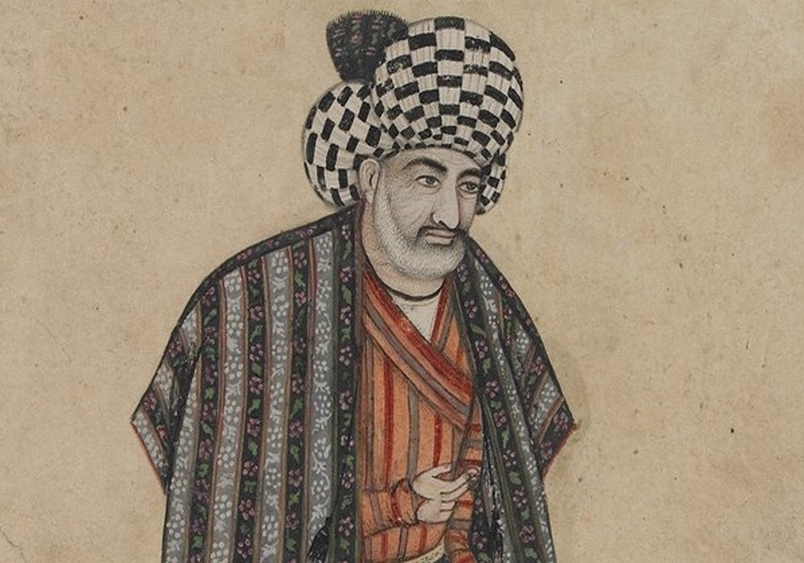
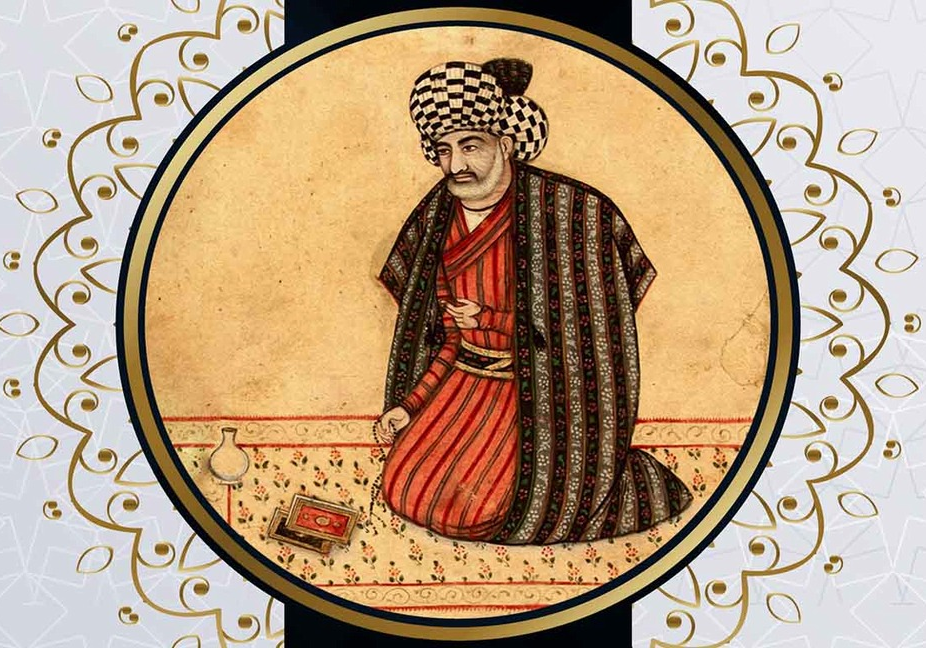


Choose blindless
Red blindless Green blindless Blue blindless Red hard to see Green hard to see Blue hard to see Monochrome Special MonochromeFont size change:
Change word spacing:
Change line height:
Change mouse type:

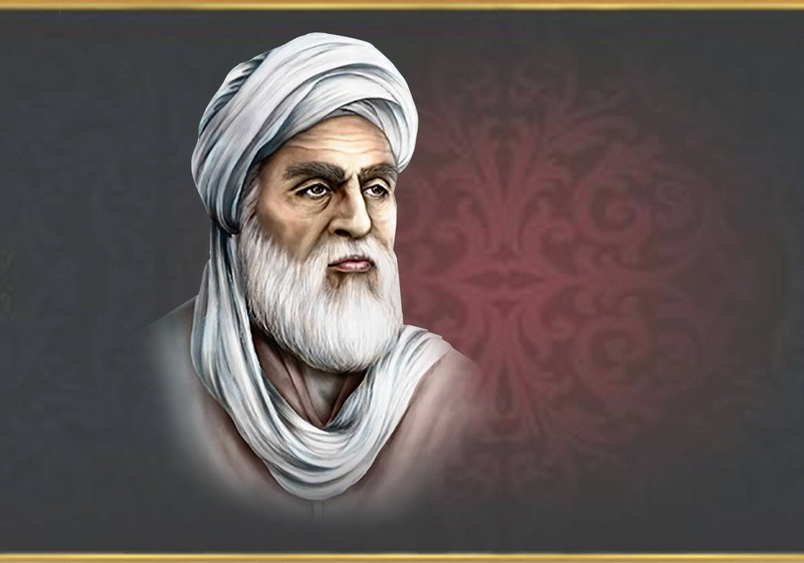
(b)_crop_8.jpg)






